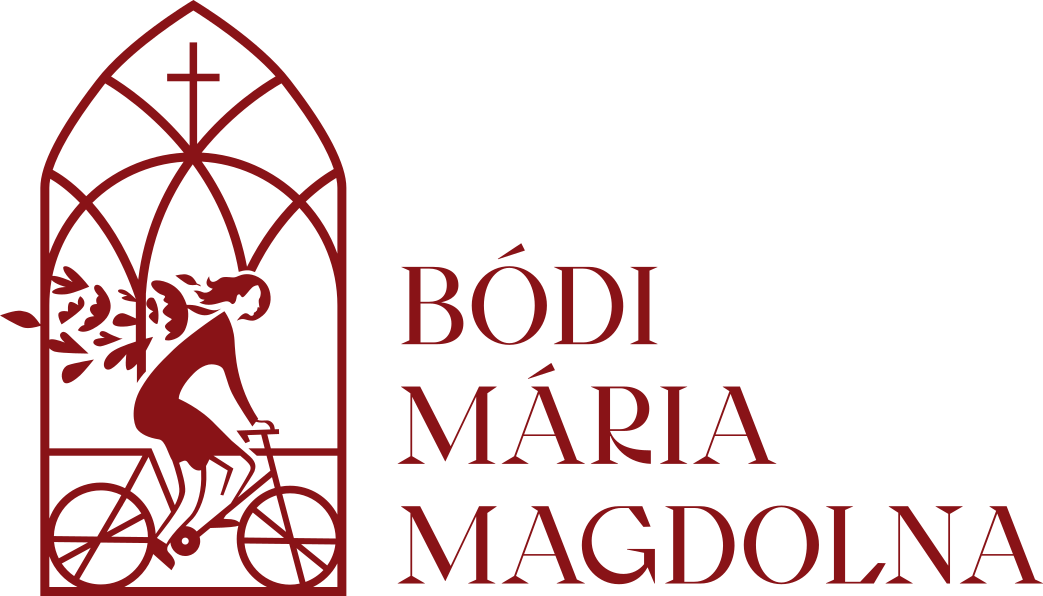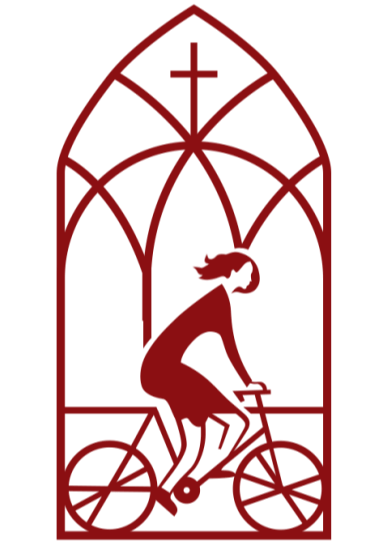The three-day celebration marking the beatification of Blessed Mária Magdolna Bódi reached its final day on Sunday evening. A “day of rejoicing” was held in her honor at the St. Michael’s Cathedral in Veszprém.
The Thanksgiving Mass was celebrated by Archbishop György Udvardy of Veszprém, concelebrated by Archbishop Gergely Kovács of Gyulafehérvár, the former postulator of Magdi’s cause; Bishop Aurelio García Macías, Undersecretary of the Dicastery for Divine Worship and the Discipline of the Sacraments; Father István Takács, parish priest of the Cathedral; and several priests of the Archdiocese. Cristiana Marinelli, current postulator of the cause, was also present among the faithful.
Archbishop Udvardy expressed, on behalf of all those gathered, a “holy resolution”:
to place Christ at the center of our lives, to live with joy, and to give thanks for the gift of Mária Magdolna Bódi’s life.
In his homily, the Archbishop reflected on what it truly means to be a disciple of Christ.
“When we listen to the Gospel with an open heart,” he said, “it always speaks to us with urgency, it always calls us personally, and it always moves us to action.”
The day’s Gospel clearly proclaims that whoever wishes to follow Jesus must “leave father and mother, take up the cross, and renounce all things.”
Yet, this teaching is not about rejecting our parents or the good things needed for our vocation, he continued, but about making our belonging to Christ the center of our lives.
To take up the cross is the condition of personal relationship with Him.
When we speak of the cross, we speak of sacrifice — even to the point of self-emptying.
To accept it means to express the desire that our bond with Christ should matter more than anything else.
The cross, freely embraced, does not diminish us; it broadens our vision and deepens our freedom.
Jesus calls everyone to this willingness — to take up a cross that may exceed our own strength.
This transforms our life into a spiritual battle, one that includes loss and surrender.
But when our life is built upon Christ’s person, His teaching, and His logic, it becomes growth and new life for us.
The example of Blessed Mária Magdolna Bódi shows this truth clearly.
Outwardly, we may see a life lost, yet the Church speaks of her beatitude — of a life fulfilled in the reality of her union with God.
Her young and self-giving life reminds us that the radical call of the Gospel can be lived.
Through her courage, freedom, and ardent apostolic spirit, she showed that the logic of the Cross is not a burden but the way to new life.
“We give thanks for the gift of her life,” the Archbishop said, “but we also ask:
for strength in our personal lives, for the ability to rise above our human limitations through the cross,
for wisdom in planning our future, for care in our relationships, and for the grace of living in hope.
We ask Magdi’s intercession in our pastoral ministry.
We saw how fervently she proclaimed the Gospel, how joyfully she served as an apostle.
She always had ideas, she always found a way to love, she knew how to help others.”
“Her example does not allow us to complain or waste our strength on needless thoughts,
nor to cling to our fears or habits,” Archbishop Udvardy added.
At the end of the Mass, the clergy processed to the St. Emeric Altar, where Blessed Mária Magdolna Bódi’s skull relic had been displayed for veneration during the celebrations.
This is where the relic will remain permanently, and it will be shown in full on Church feasts and on her liturgical memorial, October 26.
Archbishop Udvardy noted that placing the relic on the St. Emeric Altar has deep symbolic meaning:
“May it help our young people discern their life’s vocation,” he said.
Finally, expressing the gratitude of the Archdiocese of Veszprém, Archbishop Udvardy presented relics to the two postulators, Archbishop Gergely Kovács and Cristiana Marinelli, in thanksgiving for their faithful work.


